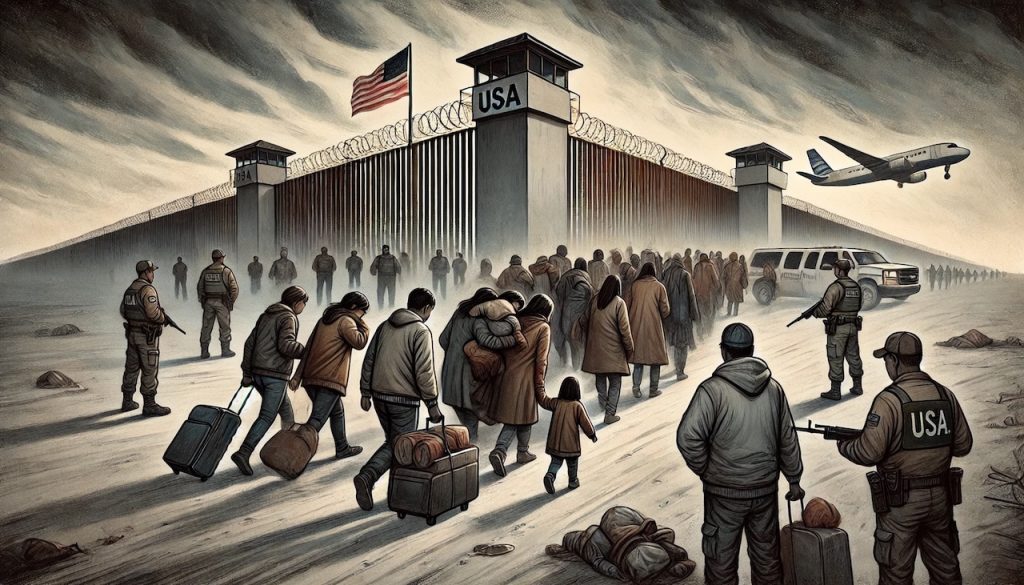
Impact of Deportations and Migration Flows.
The recent increase in U.S. deportations, particularly of Colombian citizens, has important implications for surrounding regions, including Aruba and the Caribbean. To understand the potential impact, it is crucial to analyze migration patterns, regional capacities and the choices of deportees.
Possible Consequences for Aruba and the Caribbean
Aruba and other Caribbean countries may face increased migratory pressures due to several factors:
- Transit Point for Migrants
Historically, islands like Aruba have functioned as stopovers for people wanting to travel to North America or Europe. An increase in deportations could lead to more migrants using these islands as a transit. - Economic and Social Pressures
A sudden influx of deportees can strain local economies, public services and social systems, especially in smaller countries with limited resources. - Security challenges
Uncontrolled migration can cause security problems, such as the presence of unregistered persons and possible increase in illegal activities.
Likely Actions of Deported Persons
After their deportation, individuals can make different choices:
- Attempt at Re-entry into the U.S.
Some deportees will attempt to return to the U.S., driven by economic opportunity or family ties. This can be done through:- Overland routes: Travel through Central America and Mexico, with significant risks, especially through areas such as the Darién Gap.
- Sea routes: Using maritime routes, which are dangerous and often controlled by people smugglers.
- Migration to Neighboring Countries
Deportees may consider moving to nearby countries where they expect better opportunities or established communities. - Resettlement in Colombia
Some choose to remain in Colombia, although challenges such as economic instability and security may influence this decision.
Considerations for Aruba and the Region.
To address potential problems caused by the increase in deportations, regional cooperation and proactive measures are essential:
- Strengthening Border Controls.
Improve monitoring and regulation of access points to manage and document incoming individuals. - Regional Cooperation
Work with neighboring countries to share information and develop coherent migration policies. - Support systems for Deportees
Establishing programs to help deportees reintegrate, thereby reducing the likelihood of secondary migration attempts.
Conclusion
While the direct effects of U.S. deportation policies primarily affect the individuals involved, the broader effects can affect migration patterns and socioeconomic conditions in surrounding regions, such as Aruba and the Caribbean. Proactive planning and regional cooperation are crucial to effectively addressing these challenges.

